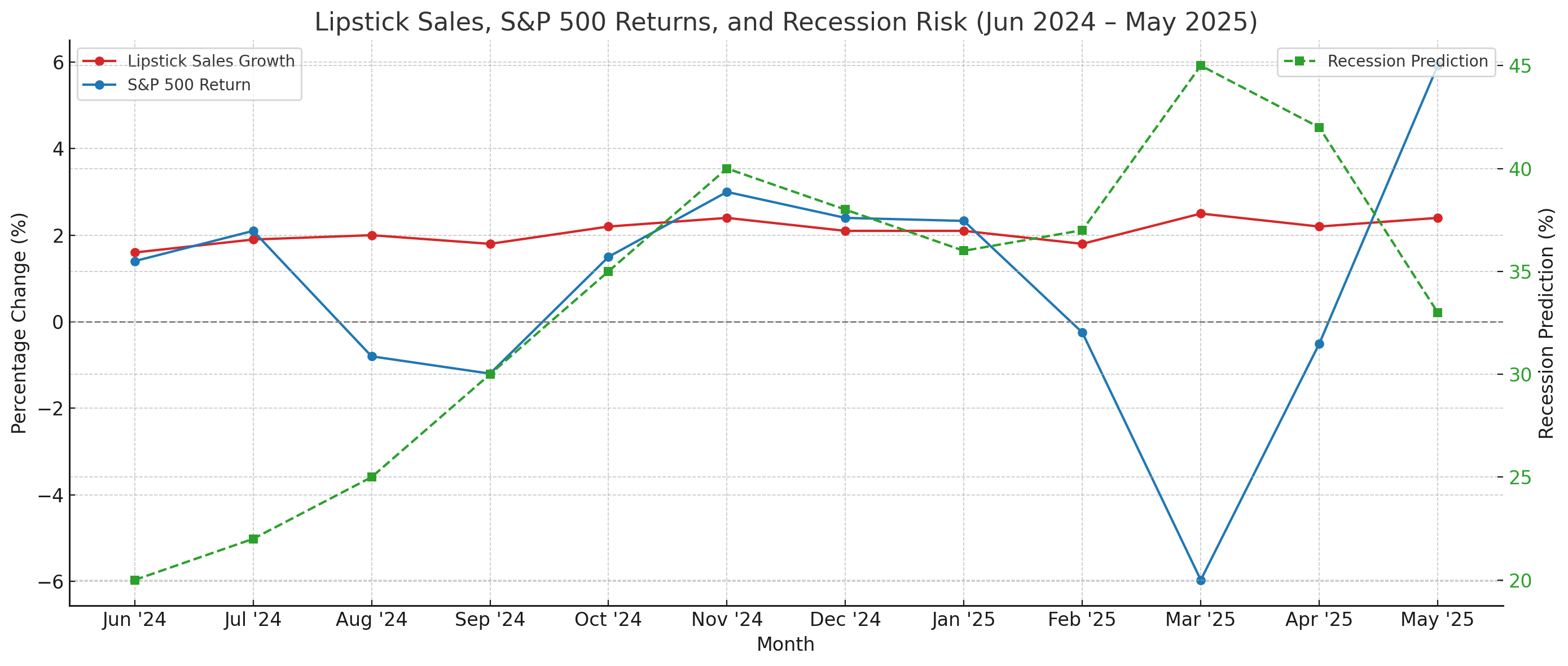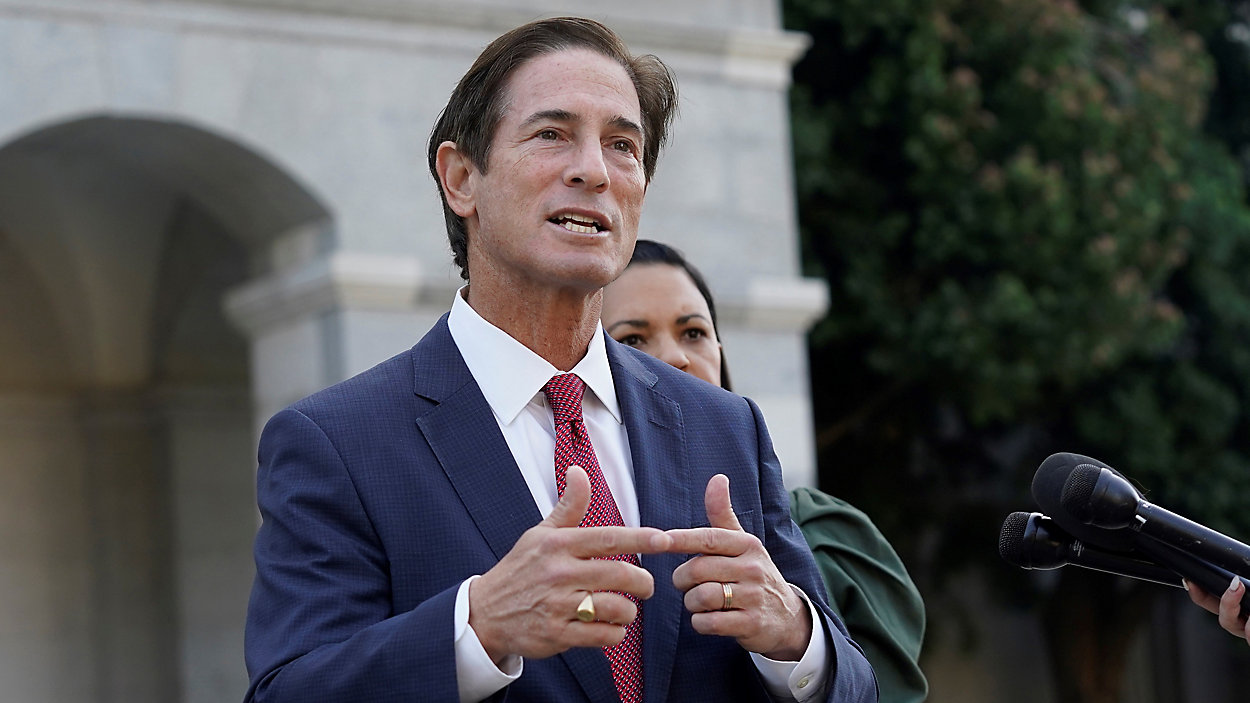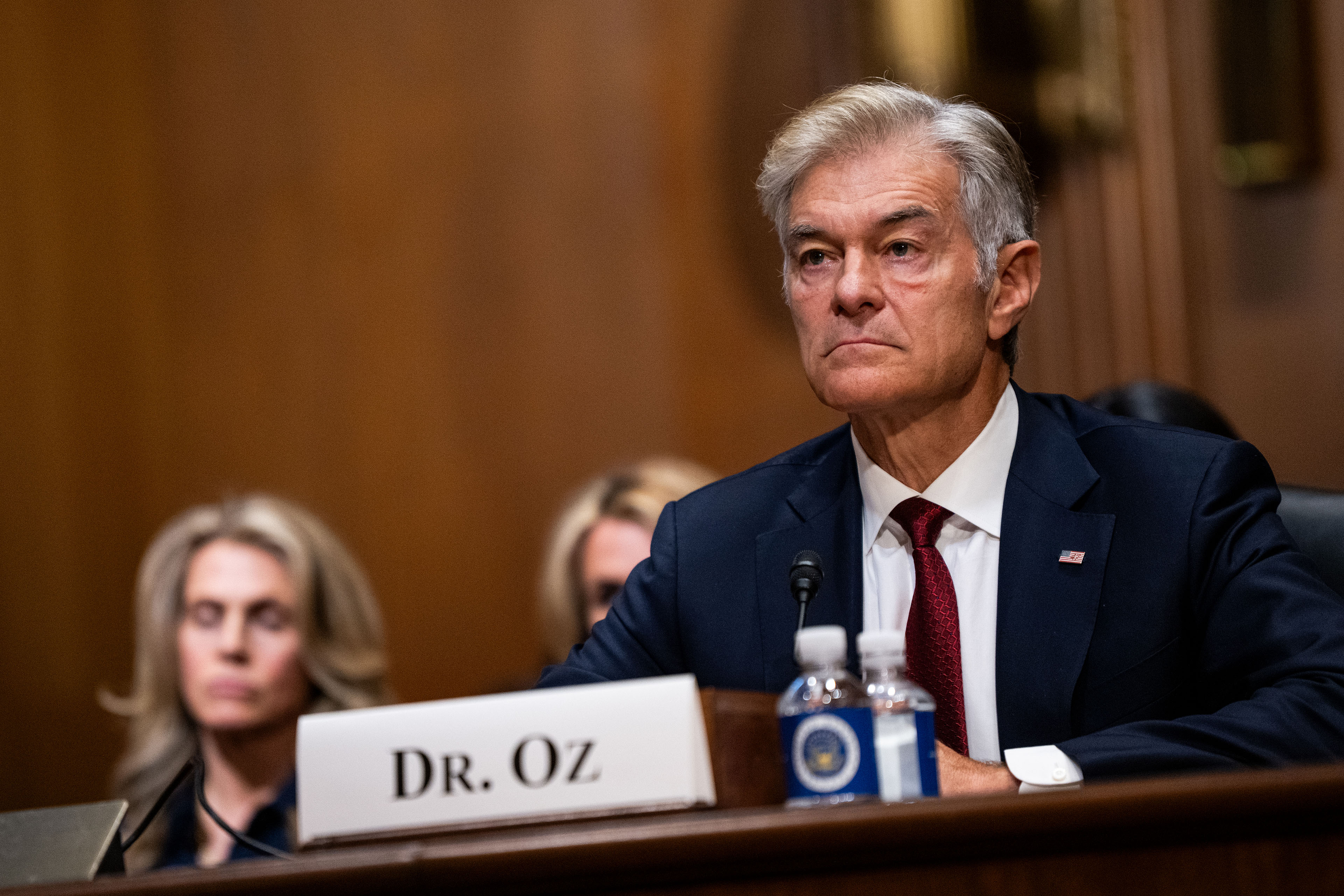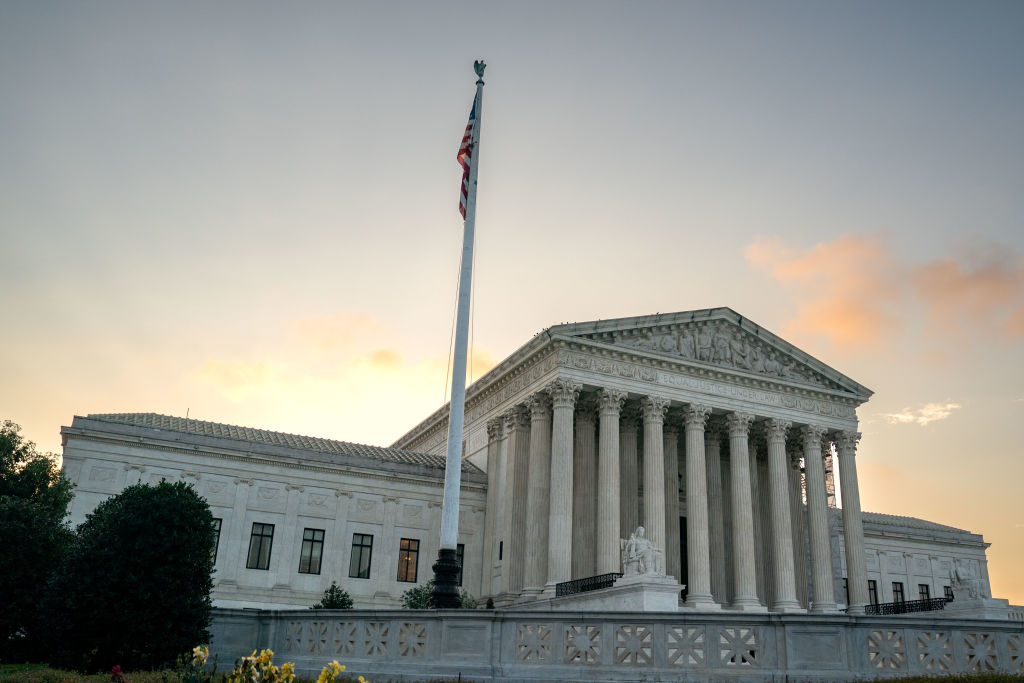Writing at the Hoover Institution’s Defining Ideas publication (“Clearing the Air on Tariffs and Deficits,” 24 April 2025), co-blogger David Henderson mentions two plausible arguments for a non-zero tariff. One of those is within an optimal tax regime:
One other intellectually respectable argument for tariffs is that they are part of an optimal tax structure. Our federal government taxes many things: individual and corporate income, capital gains, commodities like gasoline, etc. How can we be sure that a positive tax rate on imports is not part of an optimal tax system? We can’t. We do know that the deadweight loss, which is the overall loss from the tax minus the gain to the government, is proportional to the square of the tax rate. For example, doubling a tax rate quadruples the deadweight loss. So, it could be true that reducing the top marginal tax rate on income from its current 37 percent to, say, 35 percent, and replacing it with a 5 percent tax on imports could reduce overall deadweight loss.
I want to expand on David’s discussion and discuss what I think is a unique aspect of tariffs that makes them more than just some other tax. But first, it is worth using this opportunity to dispel a common myth about free markets and free trade. Free markets do not mean zero taxes (including tariffs). Rather, free markets to me mean non-distortionary taxes. In other words, taxes should seek to raise revenue in as neutral a manner as possible. Any taxes will have some distortionary effects, to be sure, but the goal is to minimize them as much as possible. To put it in Adam Smith’s words (emphasis added):
All systems either of preference or of restraint, therefore, being thus completely taken away, the obvious and simple system of natural liberty establishes itself of its own accord…The sovereign is completely discharged from a duty, in the attempting to perform which he must always be exposed to innumerable delusions, and for the proper performance of which no human wisdom or knowledge could ever be sufficient; the duty of superintending the industry of private people, and of directing it towards the employments most suitable to the interest of the society (Wealth of Nations, Book IV, Chapter IX, paragraph 51, pg 687).
Smith would go on in Book V (Chapter 2) to lay out his maxims of taxation, which would (in his theory) lead to minimal distortions:
taxes should be proportional,
taxes should be certain and not arbitrary,
taxes should be levied at a time convenient to the payer to pay it, and
taxes should be contrived to take as little as possible.
(To this last point, he adds protective tariffs as a clear violation of this maxim).
So, to wrap up this digression quickly: free markets do not imply no taxes. A government can co-exist with a free market. Likewise, tariffs can co-exist with free trade. What makes taxes and tariffs bad is when they are distortionary and non-neutral. That is: when they attempt to direct the economic activity of people.
Now, back to the main topic: tariffs are unique among taxes.
The vast majority of taxes are purely domestic. However, tariffs are taxes imposed on imports. Thus, they are international. With domestic taxes, how they might be perceived by other governments is irrelevant (unless you have a leader who doesn’t understand the tax, as when they believe that a VAT is an export subsidy). However, tariffs can be seen as a political threat even when not intended as such. It’s possible, then, that another country’s government retaliates, thus rendering a tax that would otherwise be optimal suboptimal.
Indeed, this threat of retaliation has long been discussed as a fundamental problem of optimal tariffs. In his 1987 article “Classical and Neoclassical Roots of the Theory of Optimum Tariffs,” Thomas Humphrey notes that even initial theorizers of the optimum tariff (such as JS Mill) mentioned that a major failing was other countries retaliating (see page 27).
Thus, a theoretically optimal tariff may be practically suboptimal if it is misinterpreted by other governments. The same threat does not exist with domestic taxes.
In a slightly different context, Edwin van de Haar writes of a security dilemma among countries (emphasis added):
In a world devoid of a supreme authority, all states face a security dilemma (Booth and Wheeler 2008). This means that they cannot count on the existence of a stable and peaceful order, even if such an order would be best for general human well-being. There is always the threat of a state, or a group of states, taking advantage of the absence of a global government. The security dilemma is therefore existential. States need to take care of their own security, first and foremost militarily, if they want to survive. Leaders and elites can never be certain about the intentions of leaders of other states, even when they have no intention of harming any other state. In the same vein, weapons that are procured purely for self-defence can be seen as offensive by others. Perceptions matter a lot in a world of uncertainty (Human Nature and World Affairs: An Introduction to Classical Liberalism and International Relations Theory, pg 78).
Consequently, a nation building its military for self-defense could accidently put itself at a greater threat of invasion if the build-up is misunderstood by other governments.
We can see the same dilemma with tariffs; call it a tariff dilemma. A tariff may be part of an optimal tariff scheme, but if it is misperceived by foreign governments as an aggressive action, such an optimal tariff could invite retaliation, making the optimal tariff suboptimal. As is often the case with such policies, we subsequently see increases in rent-seeking and lobbying as domestic firms try to get subsidies or protections from these retaliations, consequently adding more distortions into the system. [1]
Taking into account all these political distortions, it may be the case that the optimal tariff is, indeed, 0%. To build on David’s example quoted above, absent retaliation, a 5% tariff with a 35% top marginal tax rate may be optimal absent tariff retaliation. But, if there is retaliation, then it may be the case that the 37% with no tariff is actually optimal.
At the end of the post, David wonders why the Trump Administration hasn’t tried to justify tariffs as part of an optimal tax system:
Surprisingly, I have not seen any of Trump’s economists make this case. Maybe that’s because to do so would be to admit that tariffs are taxes and that taxes impose costs on those who are taxed. Is it just possible that Trump wants his supporters to be as ignorant of the cost of tariffs as the MAGA dairy farmer in upstate New York was?
Since David has written those words, the Administration and its allies have started to admit that tariffs do impose costs, although the messaging is inconsistent. And I do not disagree with his assessment either. There is always an incentive to obfuscate the costs of political projects.
But let me propose another reason why the “optimal tariff” discussion hasn’t come up: the Trump Administration is openly and shamelessly mercantilist. The repeated attacks on trade deficits indicate the Trump Administration’s tariff scheme is focused on distortionary political goals, not any sort of optimal taxation.
—
[1] On a related note, Dom Pino writes that lobbying is up some 277% over last year because of tariffs. The man who wanted to “drain the swamp” is making it deeper


























